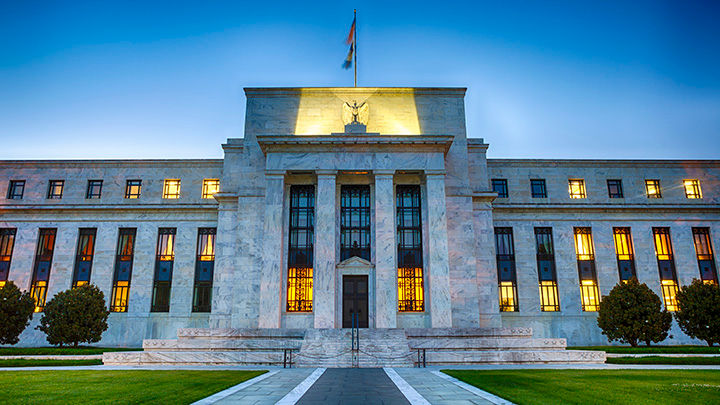Consumer stress, energy shocks and mounting pressure from higher interest rates pushed the UK and Japan into recessions at the end of 2023, underscoring the divergence between the US and other major economies. Both the UK and Japan registered back-to-back quarters in contraction during the second half of the year, meeting the definition of a technical recession, government data showed last week. Bank of England Governor Andrew Bailey said on Tuesday last year's recession was mild and there were already "distinct signs of an upturn" in the UK economy. The German economy likely has slipped into a recession as well, the nation's central bank forecast on Monday, amid waning consumer and industrial demand.
By contrast, the US economy managed to cap 2023 with another quarter of stronger-than-expected growth, backed by robust hiring and durable consumer spending. But the gap between the world's largest economy and its peers may shrink in 2024. The US faces the prospect that interest rates will remain higher for longer amid stubborn inflation, a strong labor market, and fiscal stimulus provided by new federal subsidies. Elsewhere, there are early signs that economic activity may improve. Fears of a natural gas shortage have subsided, and upcoming wage negotiations in Europe and Japan may give workers a much-needed boost after losing purchasing power over the past two years, brightening the outlook for consumer spending. In a new video, Ritush Dalmia, European economist for PGIM Fixed Income, looks back at the divergent paths for global economies last year and examines the macro forces at play in the current environment.
you may also like
-
Fears Shift from Inflation to Lackluster GrowthInvestors are gauging the prospects for monetary policy, the global economy, and US policies following next month's elections.
Read More
-
Fed Officials on Alert for Potential Inflation RisksFederal Reserve officials said this week they continue to weigh potential risks to inflation and the broader US economy.
Read More
-
Fed Stands Pat as Fight Against Inflation Drags OnThe Federal Reserve left interest rates unchanged and signaled that a recent lack of progress on the inflation front calls for borrowing costs to remain high.
Read More




